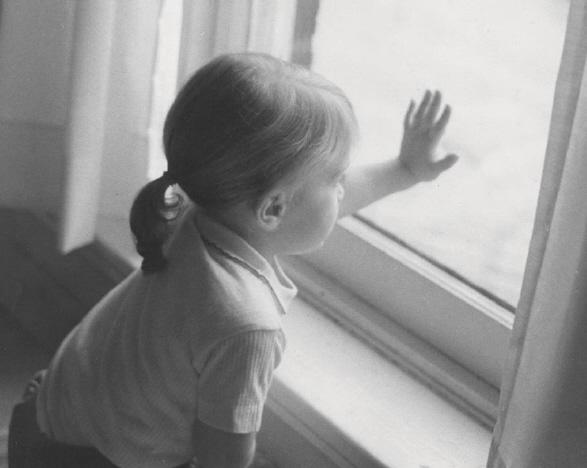A dirty little secret has been thrust into the spotlight recently. There are a lot of people in the US that are living below the poverty line. Tens of millions of Americans hover in poverty in one of the richest nations in the world. Here's a quote from a Newsweek article:
But after a decade of improvement in the 1990s, poverty in America is actually getting worse. A rising tide of economic growth is no longer lifting all boats. For the first time in half a century, the third year of a recovery (2004) also saw an increase in poverty. In a nation of nearly 300 million people, the number living below the poverty line ($14,680 for a family of three) recently hit 37 million, up more than a million in a year.
What does this cost society? We all know that entrenched poverty is responsible for a litany of social ills and wasted human potential. As a society, do we feel obligated to create structures that create avenues out of entrenched poverty? As far as class goes, things are pretty fluid for people who are working class, on up. But for large numbers of Americans, living below the poverty line becomes a trap that ensnares people for generations.
Government has sought to address the problem of poverty at various points in the 20th century, to varying degrees of success. In recent decades, these efforts have been derided as "social engineering" and have been roundly criticized as failures. However, some of these efforts have brought positive results:
Following the Gatreaux model in Chicago, the Clinton administration launched a "scatter-site" housing program in four cities that found homes for the poor in mixed-income neighborhoods. While the move doesn't much benefit adults, their children—confronted with higher expectations and a less harmful peer group—do much better. "It really helped in Atlanta," says Rep. John Lewis, a hero of the civil-rights movement.
Social welfare programs, both successful and otherwise, have been reduced or eliminated in recent years as the Bush administration continues to persue the conservative "personal responsibility" agenda. So government's role in attempting to diminish poverty has been reduced considerably over the years.
For me, the question is, what fills the void? Society is pretty secular and transient today. The pressures of religious or community obligation to care for or mentor people in the community who are less fortunate have largely evaporated. So what's left?
I think that we need to take another look at the boogyman of "social engineering". What's so bad about trying to engineer society? I think the American public needs to take a look at where it is, and really set some goals. Issues of poverty, education, class, and crime need to be discussed. Openly. What are the social institutions that can be a conduit for society's efforts to deal with its' problems and "engineer" a future where more people can find their way out of poverty and be productive members of society? Public education springs to mind immediately. Another avenue is community embracing the values of social responsibility.
We Americans love our independance and individuality. Those values are important but they need to be balanced with obligation to neighbor, friend, community, and society as a whole.
Subscribe to:
Post Comments (Atom)


No comments:
Post a Comment